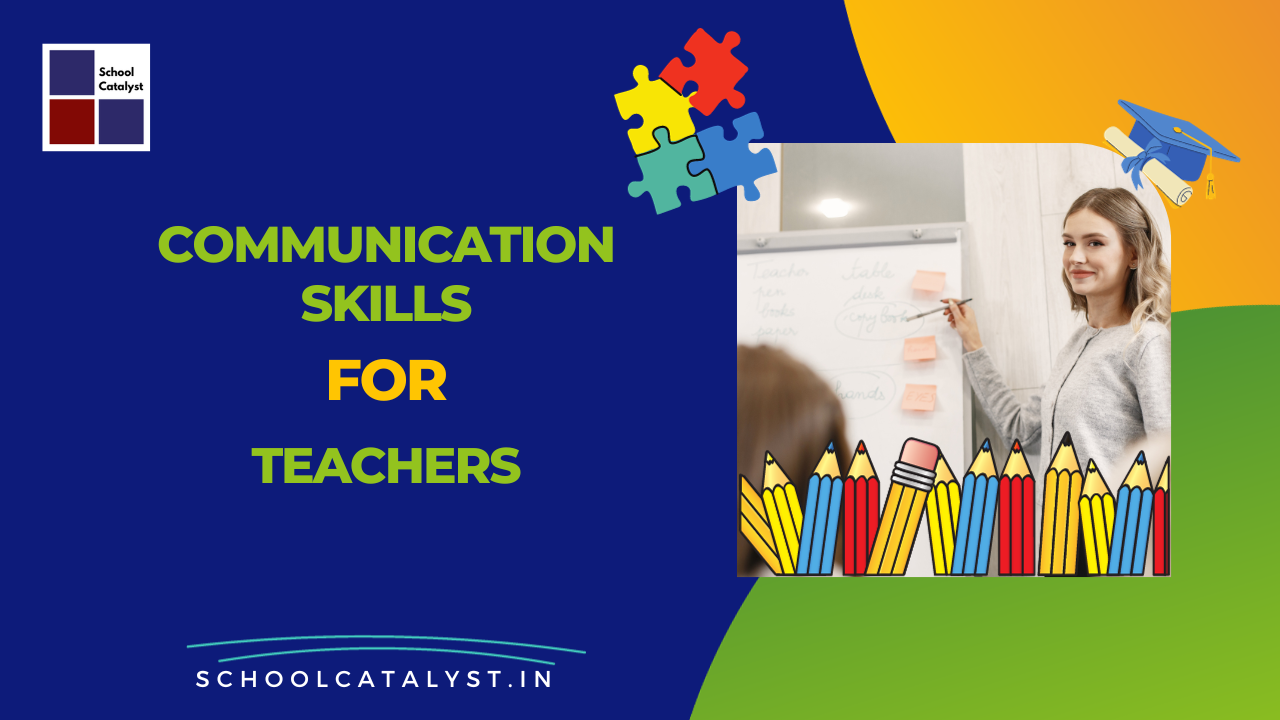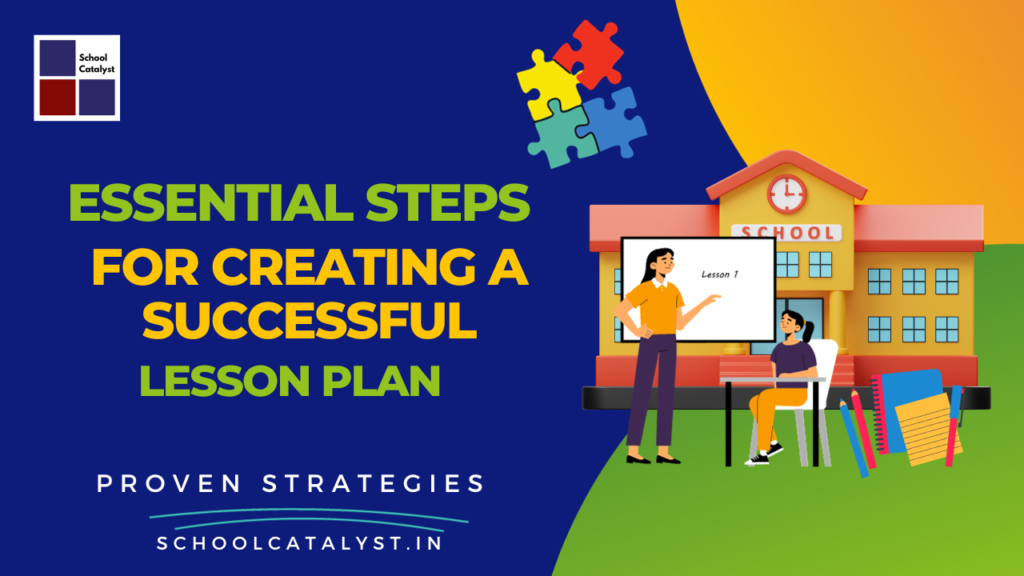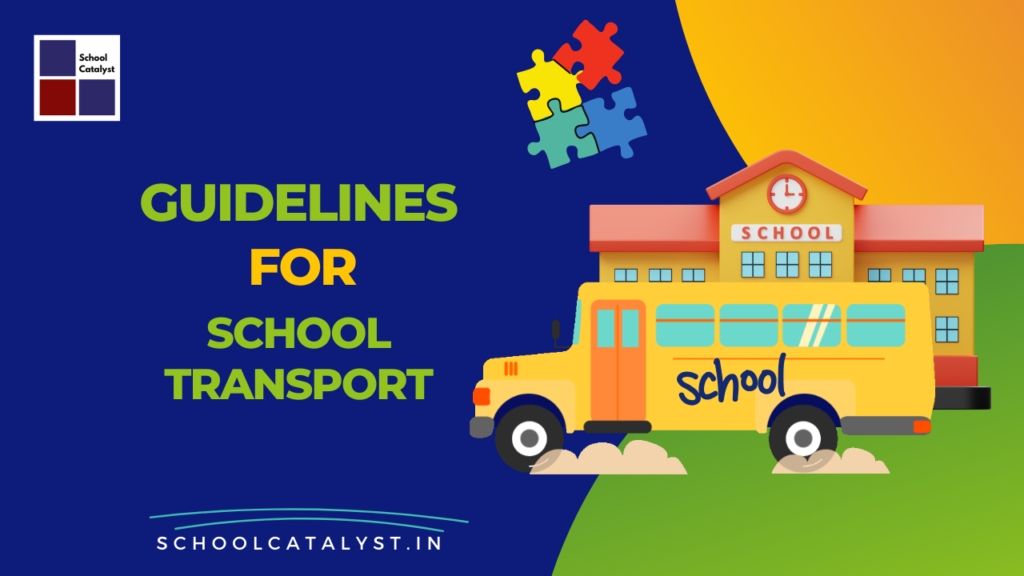Role of Communication Skills for Teachers
Effective communication skills are at the heart of this transformative process, enabling teachers to connect, inspire, and educate their students. In this blog post, we’ll explore the importance of communication skills for teachers.
In this Blog

Effective Communication Fosters Understanding
- Clarity and Understanding: Clear communication helps teachers convey complex ideas and concepts in a way that students can easily grasp.
- Active Listening: Strong communication skills involve not only speaking but also active listening. Teachers who listen attentively to their students can better understand their needs and concerns.
- Feedback and Assessment: Effective communication allows teachers to provide constructive feedback to students, helping them identify areas for improvement.
Building Trust and Rapport
- Trustworthy Connections: Teachers who communicate honestly and transparently build trust with their students. Trust is the foundation of a positive learning environment.
- Emotional Support: Effective communication skills enable teachers to provide emotional support to students, creating a safe space for sharing and growth.
- Open Dialogue: Teachers who encourage open dialogue and discussion in the classroom foster a sense of belonging and rapport among students.
Encouraging Student Engagement
- Questioning Techniques: Effective communication techniques include asking open-ended questions that encourage critical thinking and active participation.
- Motivation and Inspiration: Through effective communication, teachers can inspire and motivate students to excel academically and personally.
- Interactive Teaching: Engaging students through interactive discussions and activities enhances their learning experience.
Conflict Resolution and Classroom Management
- Conflict Resolution Skills: Teachers with strong communication skills can effectively address and resolve conflicts among students, creating a harmonious classroom environment.
- Classroom Management: Clear communication is crucial for setting expectations and rules, which helps maintain discipline and order in the classroom.
- Crisis Handling: In times of crises or emergencies, effective communication ensures a coordinated response and ensures student safety.
Parent-Teacher Relationships
- Parent-Teacher Conferences: Strong communication skills are essential for productive meetings with parents, sharing student progress and addressing concerns.
- Transparency and Updates: Regular communication with parents keeps them informed about classroom activities and academic progress.
- Building a Supportive Network: Effective communication fosters a collaborative network of teachers, parents, and students working together for student success.
Lifelong Learning
- Professional Development: Teachers with good communication skills actively seek opportunities for professional development to enhance their teaching methods.
- Adaptability: Effective communication enables teachers to adapt to changing educational technologies and methods, staying up-to-date in the field.
- Continual Growth: Teachers who prioritize communication skills continue to grow as educators and make a lasting impact on students.
The role of a teacher goes far beyond delivering curriculum content. Effective communication skills are at the core of building relationships, improving understanding, and creating a dynamic and engaging classroom environment. Teachers who develop their communication skills not only impact the academic success of their students but also contribute to their personal growth and development.




